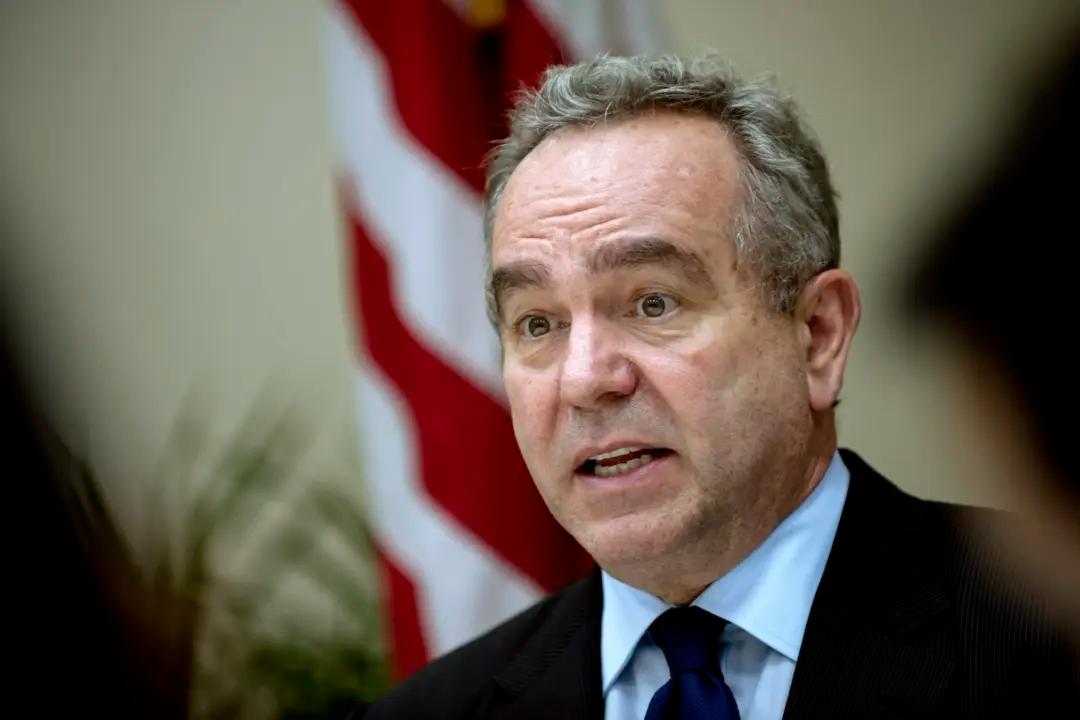Deputy Secretary of State Kurt Campbell said China will be held accountable if Russia gains ground in Ukraine, given the tightening alliance between Beijing and Moscow.
In a Town Hall event hosted by the National Committee on U.S.–China Relations on April 9, Mr. Campbell said preserving peace and stability in Europe has long been a priority for the U.S. government and has been the “most important mission historically.”





